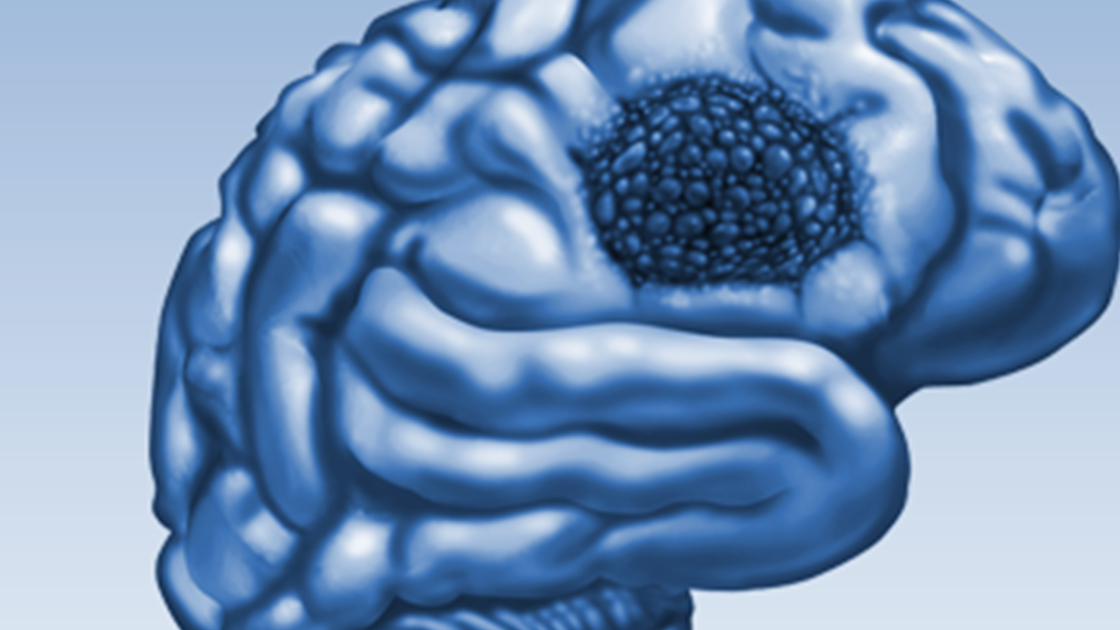FDA OKs Trial for Novel Drug to Treat Glioblastoma and Astrocytoma
The Food and Drug Administration accepted an Investigational New Drug application for MB-109, a novel agent that combines two mechanisms to treat recurrent glioblastoma and high-grade astrocytroma.

The Food and Drug Administration (FDA) accepted an Investigational New Drug (IND) application for MB-109 to treat patients with recurrent glioblastoma (GBM) and high-grade astrocytoma — both types of brain cancers — according to Mustang Bio Inc. the manufacturer of the novel agent.
IND applications are granted by the FDA when the agency decides that subjects in a potential trial of the treatment regimen will not “face the risk of undue harm,” according to the FDA.
MB-109 is a combination of two agents: MB-101, a CAR-T cell therapy that targets 13Rα2 and MB-108, an oncolytic virus. The drug will be tested in a phase 1 trial that will assess the safety, tolerability and efficacy of MB-109 in adults with recurrent GBM or high-grade astrocytomas that express 13Rα2 on the cancer cells. According to the National Institutes of Health, 13Rα2 is a protein found on some cancer cells that has proven to be a promising target for oncologic therapies.
“We are very pleased with the FDA’s acceptance of our IND application for MB-109, which allows Mustang to initiate a phase 1 clinical trial to further evaluate combining MB-108 and MB-101, an attractive strategy for improving outcomes for patients with recurrent GBM and high-grade astrocytomas,” Dr. Manuel Litchman, president and chief executive officer at Mustang said in a company-issued press release.
GBM is a type of stage 4 brain cancer that tends to be aggressive, fast growing and are oftentimes difficult to treat, according to the American Brain Tumor Association. Astrocytoma most commonly appears in the brain, yet can start on the spinal cord as well and tend to become more aggressive as the grading of the tumor becomes higher. Grade 4 astrocytomas are classified as GBM.
Previous pre-clinical data that was presented at the American Association for Cancer Research (AACR) Annual Meeting in 2022 showed that MB-108 and MB-101 work together in a way that can better leverage the immune system to find and fight cancer. The former alters the tumor microenvironment to make “cold” tumors, which do not typically respond well to treatments “hot.” Hot tumors are much more susceptible to treatments such as CAR-T cell therapies, which work be engineering T cells, which are a part of the immune system, to find and destroy cancer cells.
Other data showed that MB-101 and MB-108, when administered separately, were well-tolerated in patients with recurrent GBM. Two patients who were given MB-101 who had “hot” tumors achieved a complete response (disappearance of all signs of cancer) — one of which lasted 7.5 months and the other lasting longer than 31 months.
“Recurrent GBM remains a major challenge to treat, with a median overall survival rate of six months. We are committed to finding better treatment options for patients living with difficult-to-treat cancers and look forward to initiating our MB-109 Phase 1 clinical trial in 2024 … Furthermore, FDA acceptance of our IND within 30 days of initial submission – despite the innovative aspect of the combination therapy and the complexity of the trial design – is testimony to the talent and resourcefulness of our team,” Litchman said in the release.
For more news on cancer updates, research and education, don’t forget to subscribe to CURE®’s newsletters here.
Patrick Swayze’s Widow Reflects His Cancer, Demi Moore Speaks About Breast Cancer and More
April 12th 2024From Patrick Swayze’s widow recalling his pancreatic cancer diagnosis to Demi Moore speaking about her aunt’s courage during cancer, here’s what’s going on in the oncology space this week.
Read More